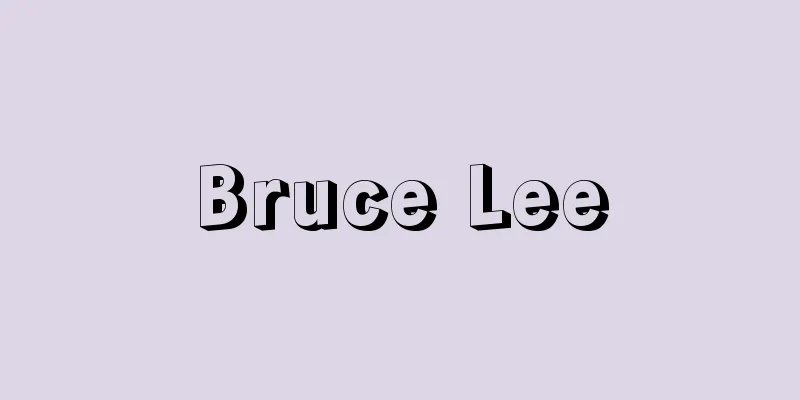Jean Baptiste André Dumas

|
French organic chemist. Son of a clerk in Alès in south-central France. After receiving his primary education at a college, he became an apprentice to a pharmacist. He then moved to Geneva. His research there was recognized and he was hired as a chemistry revision teacher at the École Polytechnique in Paris (1823, professor from 1835). He also became professor at the Sorbonne (University of Paris) (1841) and the School of Medicine (1839). He participated in the establishment of the School of Industrial Technology and in the editing of the Journal of Chemistry and Physics. After the February Revolution, he also became involved in politics, holding important positions such as Minister of Agriculture and Commerce and Senator. He was president for life of the Academie des Sciences from 1868. He was the first in France to provide laboratory education and trained many students. Along with Liebig, he was a leading figure in the chemistry world in the mid-19th century. He carried out a wide range of research, including chemical technology such as glass and dyes, and physiology. In particular, he made great contributions to the creation of organic chemistry by developing the vapor density measurement method (1826) and the nitrogen quantitative analysis method, which are still used today, revising the atomic weight, classifying organic compounds including the concept of homologous series, and proposing the theory of substitution (1834) and the theory of type (1840). Dumas, who initially supported Berzelius' electrochemical dualism, thought that organic compounds consisted of basic and acidic parts, but he advocated the theory of a single structure (type) of compounds, because hydrogen in compounds was replaced by chlorine, and because the chlorine-substituted product of acetic acid had similar chemical properties. This theory was developed into a new type of theory by his disciple Gerard (Gerard) and others, and subsequently saw the development of the theory of organic chemical structure. [Yoshihito Hijioka] [References] | | | |Source: Shogakukan Encyclopedia Nipponica About Encyclopedia Nipponica Information | Legend |
|
フランスの有機化学者。フランス中南部のアレスの書記の子。コレージュで初等教育を受けたのち薬剤師に徒弟入り。その後ジュネーブに移る。そこでの研究が認められ、パリの理工科大学校(エコール・ポリテクニク)の化学復習教師に採用される(1823年。1835年から教授)。ほかにもソルボンヌ大学(パリ大学)(1841)、医科大学(1839)の教授に就任。工業技術学校の設立、『化学・物理学誌』の編集にも参加。また、二月革命ののちには政治にもかかわり、農商務大臣、元老院議員などの要職につく。1868年からは科学アカデミーの終身会長。フランスで初めて実験室教育を行い、多数の弟子を養成した。リービヒと並ぶ19世紀なかばごろの化学界の大立て者。 ガラスや染料などの化学技術や生理学を含む広範囲の研究を行った。とりわけ、現在も用いられている蒸気密度測定法(1826)と窒素定量分析法の開発や原子量の改定、同族列の概念を含む有機化合物の分類、置換の説(1834)と型の説(1840)の提唱は有機化学の創生に大きな貢献を果たした。当初ベルツェリウスの電気化学的二元論を支持していたデュマは有機化合物は塩基性部分および酸性部分からなると考えたが、化合物中の水素が塩素によって置換され、さらに酢酸の塩素置換物が同様の化学的性質をもつことから化合物の単一構造(型)説を唱えた。この説は弟子のジェラール(ゲルアルト)らによって新型の説に発展し、ついで有機化学構造論の展開をみることになる。 [肱岡義人] [参照項目] | | | |出典 小学館 日本大百科全書(ニッポニカ)日本大百科全書(ニッポニカ)について 情報 | 凡例 |
>>: Pierre Samuel Dupont de Nemours
Recommend
Amphiuma tridactylum (English name) Amphiumatridactylum
… [Takahiro Matsui]. … *Some of the terminology t...
Cornea-kidney transplantation method - Kakumakujinzouisyohoho
(Abbreviation for "Cornea and Kidney Transpla...
Inouzu - Inouzu
This is the common name for the "Complete Sur...
Cremona, L. (English spelling) CremonaL
…He was later elected president of the Accademia ...
Hamāh (English spelling)
A city in western Syria, capital of Hama Governora...
Oriental Arts Magazine - Toyo Gakugei Zasshi
A monthly magazine including natural sciences, fir...
Jezebel
[raw]? [Died] 845 BCE Wife of Ahab, king of Israel...
Aldiss, BW (English spelling) AldissBW
...The question of what kind of creatures are con...
Tanaka Kawachinosuke
Year of death: Bunkyu 2.5.1 (1862.5.29) Year of bi...
Couperin, C.
…French composer, organist and violinist. The mos...
Saleille
French legal scholar. Professor at the universitie...
Kawabata
〘 noun 〙 The bank of a river. The edge of a river....
Qaṣida (English spelling)
A poetic form that originated in Arabia. It is tra...
Footprint chart - Footprint chart
A table showing market movements. [Exchange Terms ...
Maxwell, James Clerk
Born: June 13, 1831, Edinburgh [Died] November 5, ...









